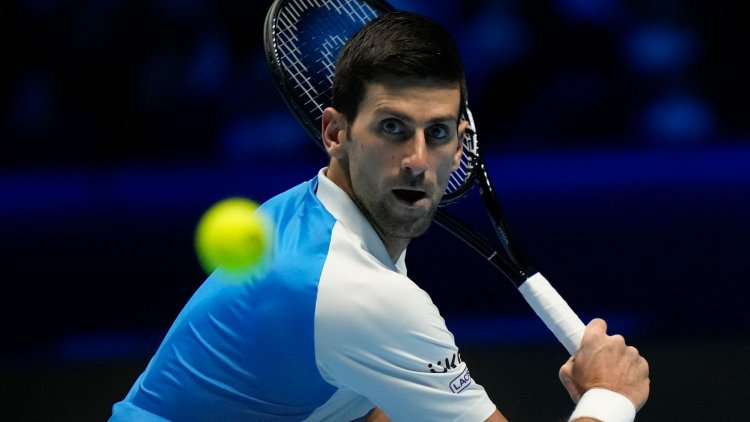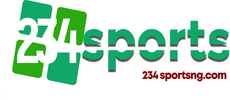Djokovic gets boost for French Open with new vaccine rule
French Open organizers have previously said it's too early to comment since virus restrictions can change between now and May

Top-ranked player Novak Djokovic could be allowed to defend his French Open title under the latest COVID-19 rules adopted by the French government, even if he is still not vaccinated when the clay-court Grand Slam starts in May.
Djokovic was deported from Australia and barred from playing in the Australian Open this month for not meeting the country's strict COVID-19 vaccination rules.
It initially appeared that the Serb tennis star would not be welcomed at Roland Garros either under a new law intended to exclude the unvaccinated from stadiums, restaurants, bars and other public places.
As questions quickly arose about Djokovic's status in France following his deportation from Australia, Sports Minister Roxana Maracineanu previously said that as soon as the law was passed the country's vaccine pass would become compulsory to enter stadiums, theater or exhibitions, "for all spectators, practitioners, French or foreign professionals."
Under the law that took effect on Monday, anyone who has proof they tested positive within the previous six months is exempt from having to show a vaccine pass. That suggests Djokovic could play in the French Open in May and June, the next Grand Slam tournament, because he has said he tested positive in mid-December.
The French sports ministry was not immediately available to answer questions from The Associated Press on Djokovic.
French Open organizers have previously said it's too early to comment since virus restrictions can change between now and May depending on the virus situation.
Djokovic's team also declined to comment Monday. Djokovic said earlier he would not give public statements until the end of the Australian Open.
Cafe owners and patrons in Paris largely welcomed the new law, which is central to the government's anti-virus strategy.
"Personally, it reassures me in the sense that I know the people I have around me," said Parisian Charles Tuile. "We want to be in a place where we can be safe in terms of health. And if you can see that the waiter checks vaccine passes and even ID cards, then it's reassuring in many ways."
France, meanwhile, opened up access to booster shots Monday for 12- to 17-year-olds.
Djokovic's Australian saga began when he was granted an exemption to strict vaccination rules by two medical panels and the tournament organizer in order to play in the Australian Open based on documents he supplied showing he had recently had COVID-19.
He received a visa to enter the country through an automated process. But upon arrival, border officials said the exemption was not valid and moved to deport him.
In the end, Australian authorities revoked Djokovic's visa, saying his presence could stir up anti-vaccine sentiment and that kicking him out was necessary to keep Australians safe. He was deported a day before the tournament got underway in Melbourne.




















